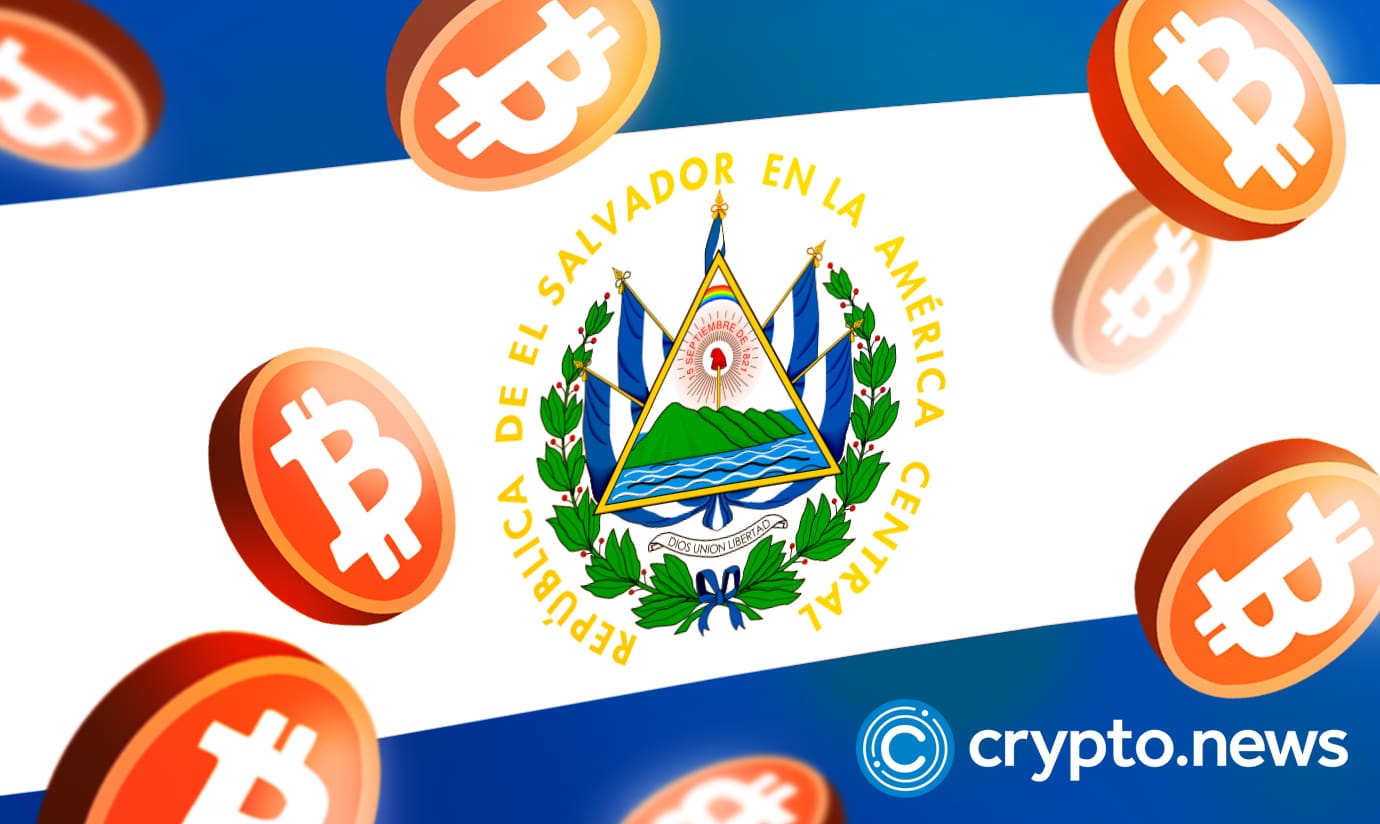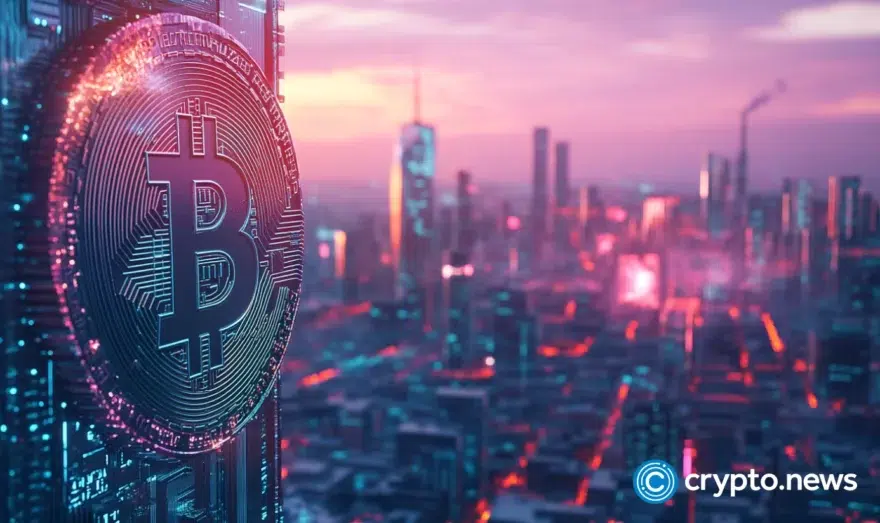El Salvador Says Bitcoin Bond Issuance Certain But Exact Date Still Unclear

El Salvador authorities have made it clear that the proposed $1 billion bitcoin (BTC) bond issuance will certainly move ahead, however, the current bleak economic situations in the world, partly due to the crisis in Ukraine has made it harder to choose a suitable date for the launch, according to reports on March 22, 2022.
El Salvador’s Bitcoin Bond On Course
Despite the insatiable demand for El Salvador’s president Nayib Bukele’s $1 billion volcano bitcoin bond, the government has made it clear that it thinks the most suitable time for the official launch of the investment vehicle has not arrived.
The tiny Central American nation previously hinted that it could roll out the highly anticipated, first-of-its-kind bitcoin bond between March 15 – 20, 2022. However, that dream has so far failed to materialize and Salvadoran finance minister, Alejandro Zelaya has allayed the fears of interested investors by making it clear that the nation is ready to issue the bond but is waiting for the right time.
“We are ready to do it,” Zelaya said during an interview on a local news program, adding that the government is still awaiting the president’s final go-ahead on the project.
When asked by the interviewer whether now is a suitable time for the bond issuance, Zelaya, who had earlier in March stated that the launch could be affected by unforeseen circumstances like the war in Ukraine, noted that he thinks the country may need to wait a bit longer.
Asides from the current economic uncertainties, Bukele, and his team are yet to iron out several important elements needed for successful bond issuance, including the legal framework that would enable its technology partner Bitfinex Securities to officially apply for a bond issuance license, and more.
Bitcoin Adoption a Big Win for El Salvador
Zelaya has hinted that the bitcoin bond would be issued through its geothermal energy company called LaGeo, which is controlled by another state-owned autonomous enterprise known as the Comision Ejecutiva Hidroelectrica del Rio Lempa (CEL), and the government will provide a sovereign guarantee for the bonds
“If LaGeo issues it or the state of El Salvador issues it, in the end, it is always a state debt,” he declared.
Despite the initial backlashes that trailed Bukele’s project Chivo, adopting bitcoin and integrating it into the economy has so far proven to be a forward-thinking move, as the country’s Minister of Tourism, Morena Valdez, revealed last February that the industry has witnessed a 30 percent increase in the number of tourists since the Bitcoin Law went live.
Prior to the implementation of the Bitcoin Law, El Salvador applied for a $1.3 billion loan from the International Monetary Fund (IMF). However, on announcing its full adoption of bitcoin, the organization publicly condemned the move and has made it clear that the country must abandon its new Bitcoin Law to obtain any financial assistance from the IMF.
Importantly, experts have stated that if all goes as planned, El Salvador’s bitcoin bond would bring an end to the country’s overreliance on foreign debt and enable it to reclaim its sovereignty.
“If you’re relying on organizations like the IMF or World Bank for support, you kind of have to rely on them in perpetuity. You have to borrow more money to service old debt. There’s no way out. I see bitcoin as the way out for many developing nations. It’s a way for them to reclaim sovereignty,” said Samson Mow, chief strategy officer for Blockstream.
















